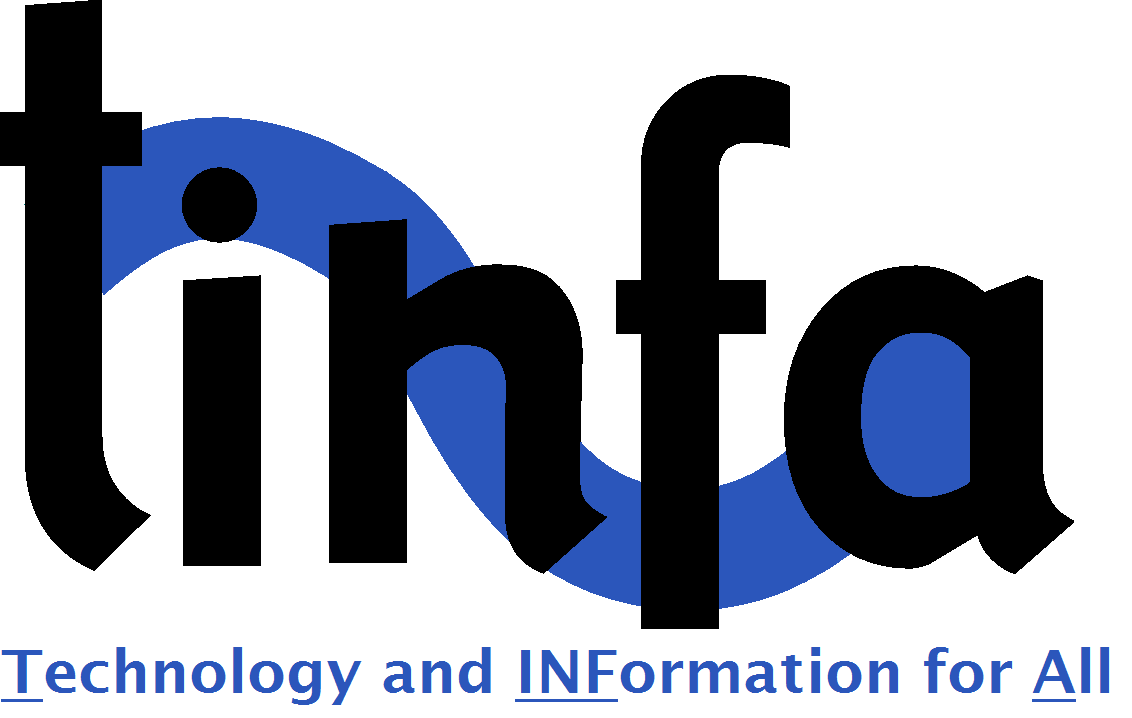Many of you know Marleny Sanchez. She came to visit Seattle in 2017, in her capacity as teacher of our partner school Corcho Sur. Since, TINFA has hired Marleny as a consultant and advisor, performing regular evaluations of the teachers, and tracking the progress and effectiveness of their training. In the post below, Marleny brings us up to date on the progress of the 53 teachers from the twelve schools currently active in the program.
In earlier posts, we reported on the “model classes” that each teacher is asked to present at the end of each project year. These function as one of the essential steps before the teacher is certified by TINFA as a graduate of the program. TINFA certification, accredited by the Guatemalan Ministry of Education, attests not only to the teacher’s competence with the technology, but also their curriculum-building strengths and their talents as an educator. In this post, we report on the evaluation process itself, how TINFA tracks its own success or failure, and how the technological competence of each participant is measured.
At the beginning of the school year, each teacher is placed in one of three training tracks: Basic; Intermediate; and Advanced. One of the metrics used to determine a base level of competency is a set of assessments : things like turning a computer on, using an active email account, conducting independent research on the internet or building an interactive, multimedia presentation incorporating video, sound, animation.
Classes occur once a month, with teachers of similar skill level receiving in-person training. This year, of course, the in-person training was virtual, which complicated both the training and the methods used to evaluate its success. For some (eight teachers out of the 53 in the program), this was an insurmountable obstacle. But despite limited access to technology, family responsibilities due to the lockdown, and all the hardships brought on by the pandemic, 45 teachers completed the virtual training. Marleny reports that those who did participate were highly motivated and grateful for the opportunity to learn about these new collaborative tools which not only allowed them to continue with their training, but helped them to weather the social isolation of the pandemic.
We are happy to report that this year, the teachers who were able to participate showed an 81% improvement in their technical skills. That number was 66% in 2019, and 60% in 2018. It is clear that in 2020, it has been harder for teachers to stay in the program. (some of our teachers could not be contacted, because they don’t own a phone). For those who were able to stay, results show that the level of learning is higher than previous years.
The 2020 school year in Guatemala is over, and the Ministry of education plan for 2021 is still unclear. Once students are welcomed back in classroom again, we will resume the essential activities required for the teachers to graduate : the model class in front of students. Based on results and teachers’ motivation, we are confident that these model classes will be of even greater quality than past years. We look forward to celebrate (virtually) the graduation of this cohort of hard working teachers.
EVALUACIÓN EN TIEMPO DE PANDEMIA
Marleny Sanchez
Este año se trabajó 100% virtual los procesos de formación, debido a la pandemia de Covid-19, a principio de año se llevó un proceso de diagnóstico en donde se ubican a los docentes en niveles de acuerdo a sus habilidades tecnológicas (básico, intermedio y avanzado), cada uno de estos nivel tiene un grupo determinado de docentes participando, este año las formaciones no se pudieron trabajar presenciales, pero a pesar de eso los docentes con gran motivación, entusiasmo y responsabilidad continuaron el proceso a través de la tecnología.
Al terminar el proceso de formación de este año, se realiza una evaluación de los conocimientos adquiridos por cada docente y se realizó a través de Zoom, aplicación que trabajaron durante su proceso de formación.
Encontré muy buenos resultados como todo los años, pero este año fue muy distinto porque la interacción con la tecnología fue vital para su proceso y para recopilar los resultados obtenidos por parte de cada uno de los participantes, encontré docentes muy motivados por haber participado en la formación 100% virtual, manifestaban estar contentos, agradecidos y que las herramientas compartidas les ayudo muchísimo en este tiempo de pandemia, lo cual viene a contribuir con los objetivos que se tienen como organización, brindando herramientas que le sirvan a los docentes y que puedan implementarlo en el mejoramiento de la Educación en Guatemala.
Cada uno de los docentes que participaron manifestaron los conocimientos adquiridos de acuerdo al nivel en el que se encontraban, hubo un 90% de participación virtual por parte de cada uno de los 53 docentes participantes, miembros de 12 escuelas que atiende el programa de Tinfa en este 2020, en Guatemala, cubriendo escuelas de los departamentos de Retalhuleu y Quetzaltenango.

